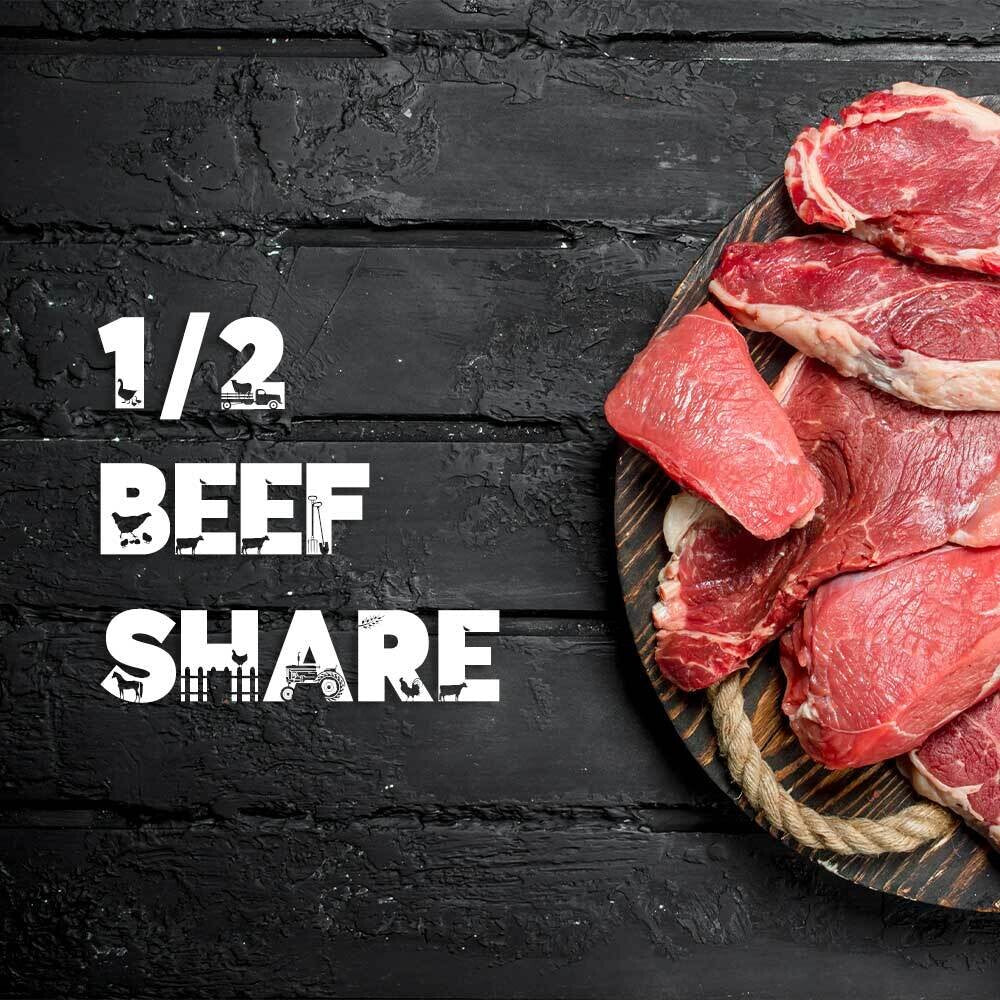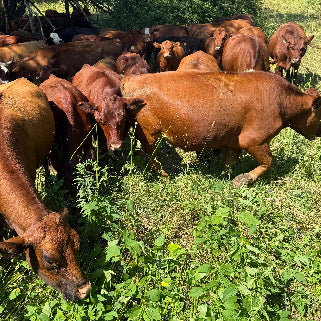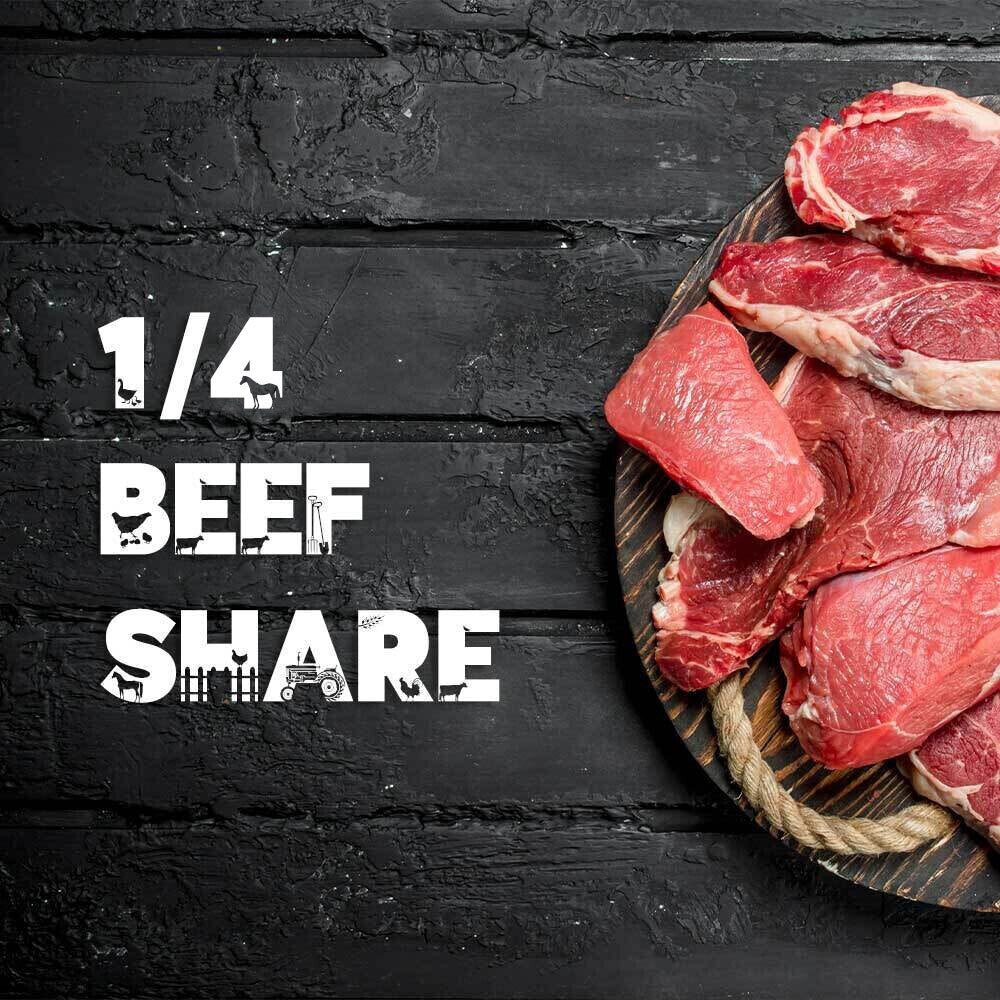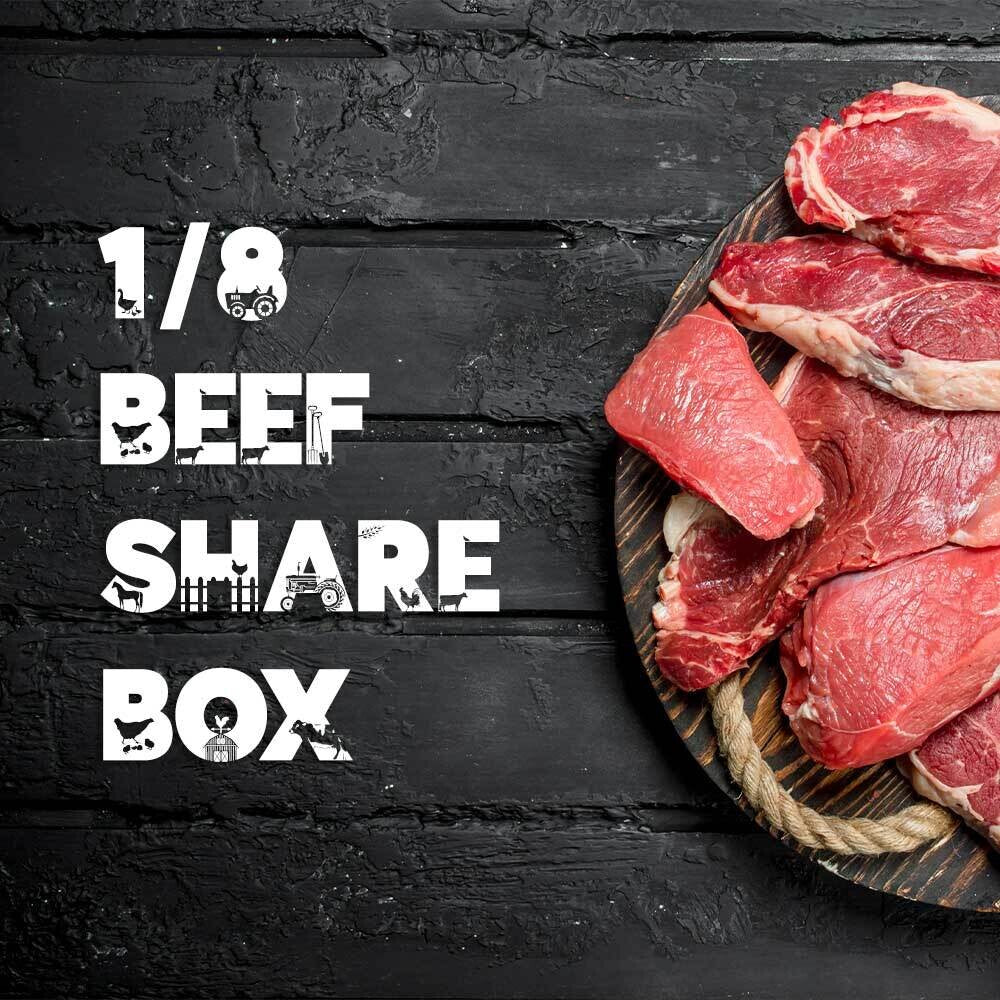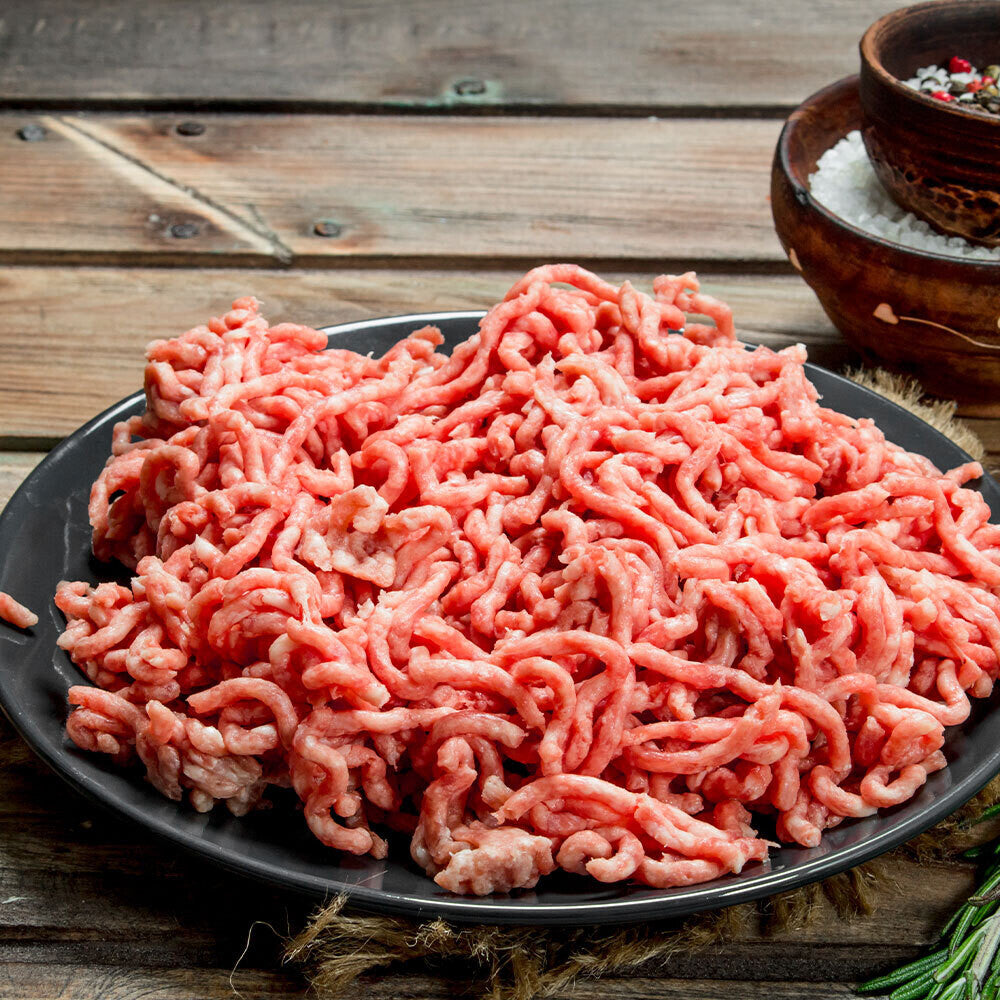
Biodiversity: Nature's Defense Against Antibiotic Resistance
In his book, "A Natural History of the Future", biologist Rob Dunn explores how bacteria evolve resistance to antibiotics. One of the key insights from Dunn's work is that when bacteria develop resistance, they often become less competitive in naturally diverse ecosystems, struggling to thrive in places where biodiversity is abundant.
At Tyner Pond Farm, we embody this principle through regenerative agriculture practices intentionally designed to enhance biodiversity—from the rich microbial communities in our soils to the diverse plants and insects thriving across our pastures. By fostering a diverse ecosystem, we naturally create conditions that make it difficult for antibiotic-resistant bacteria to gain a foothold.
Central to our approach is the commitment to never use antibiotics, pesticides, or synthetic chemicals, allowing natural microbial communities to flourish. We cultivate soil health by prioritizing soil biodiversity, avoiding chemical fertilizers, and practicing rotational grazing. These methods support vibrant, diverse microbial populations that act as natural barriers against harmful bacteria.
Rob Dunn's research reinforces the strength of our farming philosophy: biodiversity is not just beneficial but fundamental. On farms like ours, resistant bacteria find it challenging to establish because the natural balance of the ecosystem is maintained.
By supporting biodiversity, we're investing in resilience—leveraging nature's innate balance rather than fighting against it.
*(Credit: Inspired by Rob Dunn’s research in "A Natural History of the Future", exploring the complex interactions between biodiversity and bacterial evolution.)*
Tags:
Previous post
The Whiskey Rebellion and HB 1562: A Fight for Small Producers Then and Now
Next post








